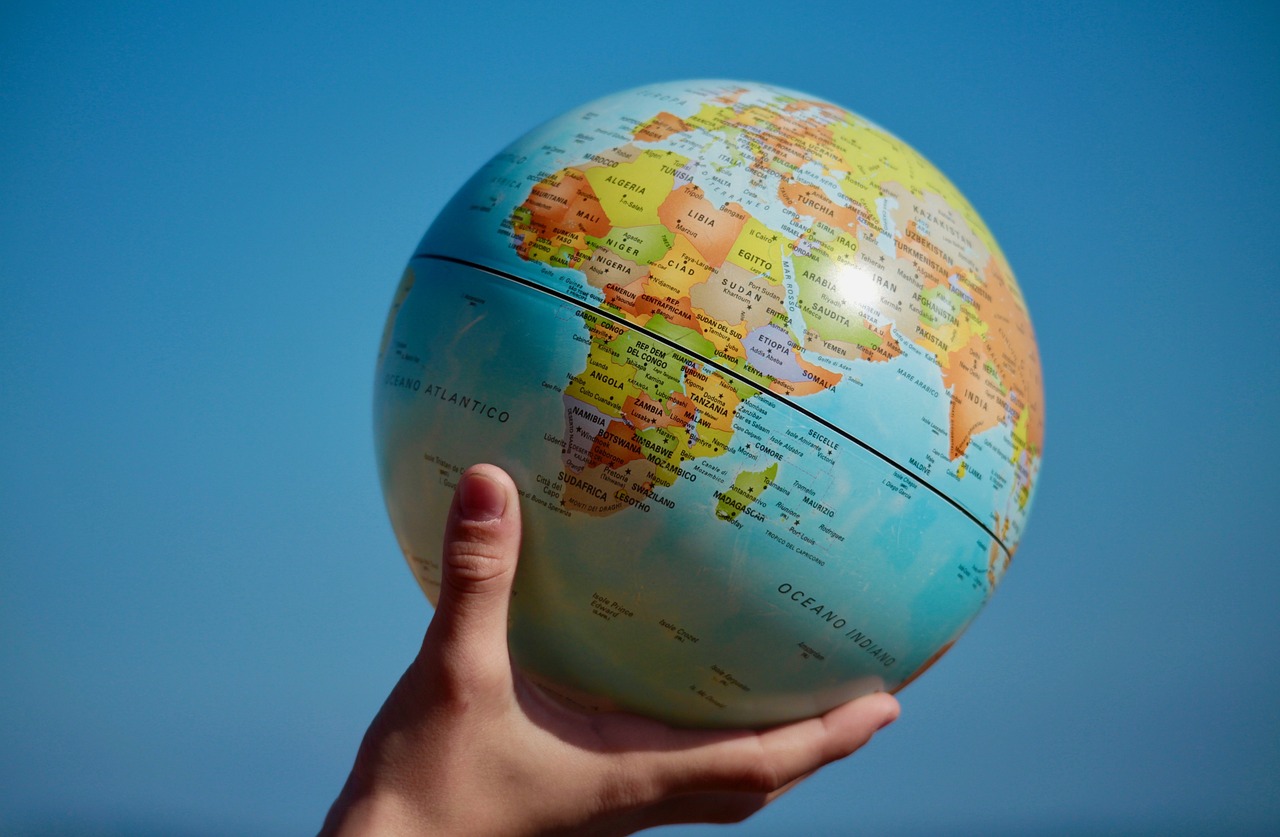Immigration, development cooperation: a tool to provide concrete answers

11.22.2023
Exploring challenges and opportunities from a global perspective, reflecting on lessons learned and embracing the complexity of the relationship between migration and development. These are some of the main themes that will be explored on 30 November at the Farnesina, during the Paolo Dieci 2023 Award ceremony
by SANDRO DE LUCA*
When talking about the relationship between migration and development, reference is often made to the role that development aid and cooperation can play in determining the modalities and outcomes of migration processes. Over the last few decades, a wealth of studies and experiences on this topic has developed against the backdrop of an extraordinarily heated debate that, in our societies, has conditioned intervention policies and the way they are implemented. The formula ‘let’s help them at home’ is constantly and manipulatively used in political confrontation. This is why it is particularly important to build on lessons learnt and experience to propose a more realistic approach to the issue.
Exploring challenges and opportunities from a global perspective, reflecting on lessons learned and embracing the complexity of the relationship between migration and development. These are some of the main themes that will be explored on 30 November at the Farnesina, during the Paolo Dieci 2023 Award ceremony.
Broadening the perspective to be effective
It is necessary to start from an awareness of the limited means of international cooperation in tackling macroscopic phenomena such as migratory flows. In the last few decades, development cooperation itself has undergone a bath of realism: we know that aid and development cooperation can concretely support local development processes, not create them from scratch. The whole exercise of the 2030 Agenda lies within this logic. With respect to the relationship between migration and development, studies have generally shown that increasing welfare in the first phase facilitates migration instead of reducing it. Local development can foster the availability of resources and capacities needed by poor households and communities to invest in the migration of their members. Despite this awareness, the political system pushes for short-term results in terms of reducing flows. This does not mean that development cooperation is irrelevant or should disregard migration processes. On the contrary, under certain conditions, it can intervene positively with a view to the development and prosperity of all societies involved as places of origin, transit and destination.However, it is a matter of overcoming the tendency to look at migratory phenomena only from the perspective of the destination countries (in our case, reading migratory phenomena from the perspective of the Italian coast) and to look at development and migratory processes as interconnected. This must have very concrete consequences on the way we intervene.
Realistic management of migratory flows: an urgent necessity
Analyses and studies have shown that realistic and effective management of migration flows is linked to the ability of institutions to promote long-term policies and interventions that do not focus exclusively on emergency and short-term results. So far, it has certainly not been enough to focus on the definition of agreements between states. These must, among other things, come to terms with their structural limitations and fragilities, their interests and their public opinions. The active involvement of economic and social actors from countries of origin, transit and destination countries and diasporas is instead crucial for the promotion of alternative opportunities in countries of origin or regional contexts. We should not expect these to necessarily translate into reduced migration pressure in the short term, but they can have an important impact in decreasing the propensity to make desperate choices due to a simple lack of options to consider when assessing conditions and risks.
Creating opportunity systems
Programs that promote educational or income-generating opportunities in countries of origin must give attention to how these are perceived by the young people they target. It is not just a matter of investing more in visibility, but of overcoming some of the limitations of the system of development cooperation actors. It is about investing in collaboration and synergies among actors and networking of initiatives. Young people should be able to perceive an overall system of opportunities. This cannot be ensured by the single initiative however ambitious it may be, but by an ensemble of different actors and actions. Migration clearly has a great impact on the labor market of the destination countries, but there is often a lack of tools to strengthen the match with the needs of the societies of the destination countries. The enormous limitations of the mechanisms available for regular migration need to be overcome by a real effort to innovate even in regulatory instruments and by strengthening the relevance of the skills acquired by young people in countries of origin for the labor market of destination countries.
Development cooperation: a tool for giving concrete answers
If we take seriously the idea of development as strengthening people’s capacity to control their lives and promote their aspirations, we can look at cooperation as a tool for giving answers to the desire to improve living conditions and economic and social status. Migration is particularly part of this process when it is not a desperate choice linked to the idea of “now or never” that tends to turn into a humanitarian drama along the route. We must give up the idea of managing migration if this means claiming to stop it and instead focus on its “normalization” through development processes in which migration is, for young people, one opportunity among others. It is precisely by stopping looking for solutions to the “migration problem” that the actions of cooperation can become more effective because they are better able to get in tune with the aspirations of the societies that send migrants and those that receive them.
*Sandro De Luca, Director International Committee for the Development of Peoples (CISP) LINK member 2007
